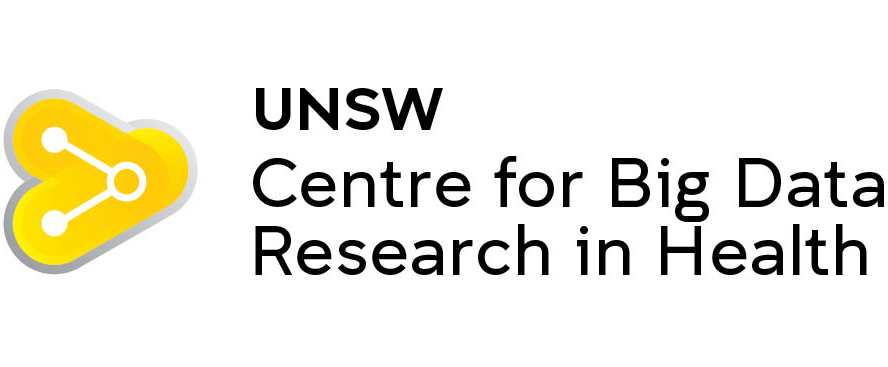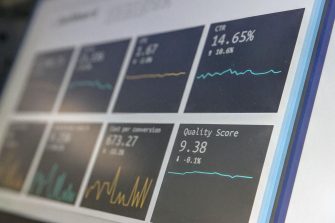Centre for Big Data Research in Health
Project
Patient segmentation, which divides a patient population into distinct groups with specific needs and characteristics, underpins patient-centric approaches to tailoring care delivery.
We propose new methods to create longitudinal, patient-centric and data-driven representations of patient experience. We will use chronologically ordered hospital records for the population of New South Wales (~15 million individuals, ~90 million hospital events).
Using deep learning, we will compute patient ‘representations’ for trajectories of hospital use events and use these to identify clusters of individuals who share patterns of hospital use (patient segments). We will characterise and visualise the segments and explore how they change over time and the impacts of policy changes and population shocks. We will make our methods available via open-source code and an end-user app.
Our novel approach to patient segmentation uses sequences of health service use events—not diagnosis codes—as the primary way to represent patients. To do this, we employ Transformer deep learning architecture to make optimal use of longitudinal patient sequence data.
Our approach is ‘patient-journey-centric’—thereby aligned with the key preoccupations of policymakers—and ‘diagnosis-agnostic’—thereby flexibly supporting exploration of hospital trajectories in patient subgroups defined by any diagnosis, combinations of diagnoses or demographic features such as geography and ethnicity.
Our methods will inform health service planning, delivery and evaluation by allowing identification of patient subgroups who are most likely to be high users of hospital services. They will form the foundation for deep learning methods that can be applied to large multimodal datasets that integrate primary and secondary care e.g., MyHealth Record.
Our team includes senior, mid- and early-career researchers with outstanding expertise in data analytics, machine learning, biostatistics, health economics and research translation.




